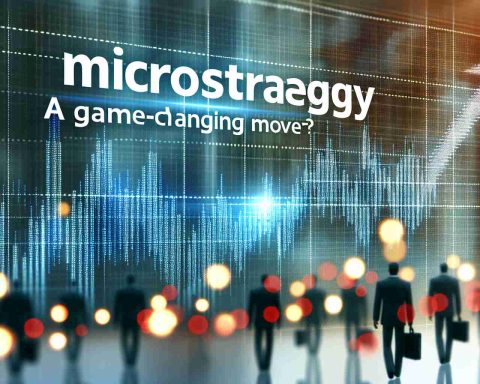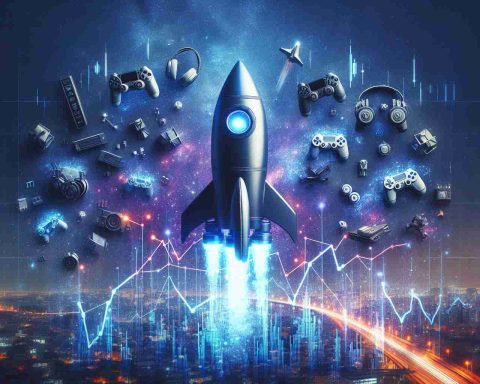In a groundbreaking move, LG Electronics is diving headfirst into the development of humanoid robots, seeking to revolutionize the way humans work and live. The South Korean electronics powerhouse recently announced their focus on humanoid robots, harnessing advanced technologies from their AI agent, codenamed Q9.
Bipedal Innovations: Though LG has been involved in robotics with service models like the LG CLOi ServeBot, their latest endeavor shifts focus to bipedal AI robots. These humanoid machines are designed to mimic human form and function, aiming to work alongside people to amplify productivity.
At CES 2025, LG Electronics CEO Cho Joo-wan declared the significance of robots in shaping the future. LG’s competitive stance is a response to rivals like Hyundai and Samsung, who are also venturing into humanoid robotics. The company reveals plans to introduce their AI agent Q9 later this year, with an aim to eventually launch it in various environments like homes and offices through potential subscription services.
As part of a strategic initiative, LG has partnered with Microsoft to enhance AI innovation. Together, the two tech giants will work on developing AI agents capable of being integrated into diverse settings.
Meanwhile, Tesla leads the charge with its humanoid robot, Optimus. Elon Musk envisions a world transformed by robots, with Tesla forecasting significant market penetration. As more companies join this robot race, the future of humanoid assistants looks both exciting and challenging.
LG Electronics’ Bold Step Into the Future: Humanoid Robots Revolutionizing Industries
In a notable advancement in technology and robotics, LG Electronics has announced a significant push into the development of humanoid robots, promising to transform industries and everyday life. Building on existing AI capabilities, LG is ready to compete with global tech giants in this emerging field.
Innovative Bipedal Robotics
Having previously focused on service robots like the LG CLOi ServeBot, LG’s new bipedal robots represent a shift towards more complex machines that are designed to perform tasks autonomously alongside humans. These advancements indicate a move towards greater integration of robotics in daily tasks, from assistance in households to collaborative roles in office environments.
Partnerships and Technological Synergies
A strategic partnership with Microsoft underlines LG’s commitment to pushing the boundaries of artificial intelligence within their robot development. This collaboration is set to enhance AI innovation, ensuring that LG’s robots will possess the advanced cognitive capabilities necessary to operate in a variety of settings. Microsoft’s AI expertise is expected to play a crucial role in honing LG’s humanoid robots for both personal and professional applications.
The Competitive Landscape of Humanoid Robotics
LG isn’t alone in this robotic venture. Rivals such as Hyundai and Samsung, along with Tesla and its Optimus robot, signal a growing interest and investment in humanoid robotics from major technology players. These companies are pioneering innovations that suggest a future where robots will not only work but also interact with humans on a routine basis. Elon Musk’s ambitions with Tesla’s humanoid project reflect a transformative vision for automation and efficiency across different sectors.
Predictions and Market Insights
Industry experts predict a rapid growth trajectory for humanoid robots in the coming years. As LG and other tech companies introduce more sophisticated robots, the market for these machines is expected to expand significantly. Consumer acceptance and regulatory support will likely dictate the speed of market penetration. Nevertheless, the potential for productivity enhancements and lifestyle improvements presents an alluring incentive for widespread adoption.
For more on LG Electronics and their latest initiatives, visit their official website at LG Electronics.
Conclusion: A Transformative Era Ahead
With LG Electronics at the forefront of this technological spectacle, humanoid robots are poised to redefine both professional and personal landscapes. The collaborative efforts between companies like LG and Microsoft underscore the necessity for synergy in developing robust AI systems, ensuring that robots will not only be advanced but also seamlessly integrated into daily life. As industry giants compete, the innovations stemming from this race will undoubtedly lead to groundbreaking applications and systems far beyond what we currently envision.




















